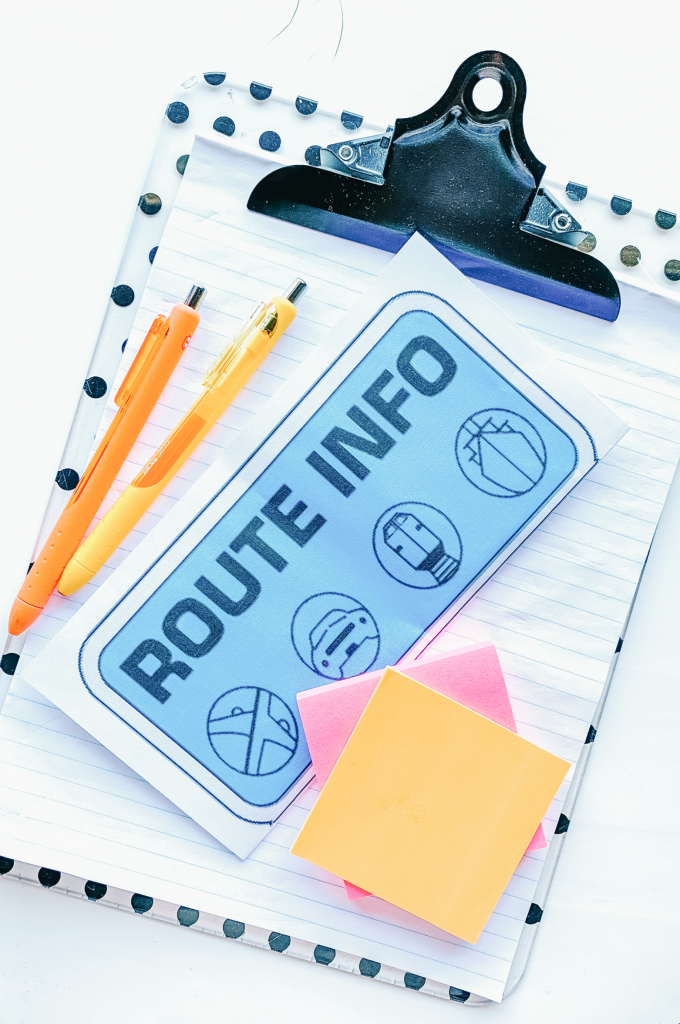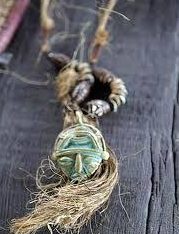Gamification Ideas for the English Classroom Inspired By Reality Competition Shows
Sharing is caring!
As a big fan of reality competition shows, I’ve had a lot of these ideas rattling around in my brain for a while now, but the mass amounts of television viewing I’ve been doing in quarantine has definitely helped the process. Here are five ways to think outside of the box to use reality competiion shows as inspiration for activities in your English class or to promote literacy in your school.
The Amazing Race

On The Amazing Race, teams race around the world, completing challenges along the way before making it to each pitstop, with the last team checking in to each pitstop being eliminated. The first team to cross the finish line on the last leg of the race are the winners.
Here is a way to use this concept to gamify test prep or content review:
- Break your class into teams of two
- Set up stations in your classroom or around the school with challenges to complete or puzzles to solve that relate to content being studied in class (this could work for grammar review, novel study, poetic/literary devices etc.) For example, if the objective of the race is to review poetic devices, one station could contain a challenge where teams have to identify all of the examples of metaphor in a poem, and another station could have a puzzle where teams have to combine pieces of text together to make coherent similes or examples of personification
- Students all begin at the first station and as they complete the challenge/puzzle, they are handed a clue telling them the next location to travel to (except instead of a worldwide race, their next location may be the filing cabinet, or hallway, or outside courtyard)
- Each location contains a new challenge/puzzle related to course content, and when completed successfully teams receive the clue to their next location. This can continue for as many rounds as you want or have time for
- The first team to finish the last challenge/puzzle, receive the clue to the location of the finish line and cross the finish line wins
The Voice
On The Voice, judges sit in chairs turned away from contestants and choose singers for the competition based solely on their voice.
Here is a twist on the concept of The Voice, using poetry slams instead:
- Teach your students about poetry slams, and have students work in groups of two or three to create their own poetry slam poem
- Invite four judges to your classroom to sit facing away from the performances, and turning their chairs for the ones they like. These judges can be school staff that are willing/available, or you could invite in actual poetry slam artists or poets
- Each group chooses which team they want to be on (advise judges that they will need to have at least one of them turn for each performance so that each group ends up on a team). Judges will have an opportunity to state what they enjoyed about each performance and try to persuade the groups to go to their team
- Once teams are made, each group will create a new poetry slam performance. If you are able to have actual poetry slam artists or poets as judges it would be a valuable experience for them to work with your students on this performance
- Depending on how comfortable your students are at performing in front of an audience, you could plan a school performance in the gym or auditorium, or just invite a small audience into your classroom. Groups perform their new poetry slam and the audience votes on their favourite. You would then reveal the winning group and present them with a trophy or certificate
Survivor
If you watch Survivor, then you know that a big part of the game is finding hidden immunity idols. These idols can be played at tribal councils to keep yourself from being voted out of the game.
Here is a twist on the hidden immunity idol concept that you can use to gamify your major assignment process or test outcomes:
- Hide an immunity idol somewhere in your classroom or school
- Leading up to a due date for a major assignment like an essay or project, or leading up to the date of a test, either explicitly show students puzzles or hide puzzle clues around the classroom that require students to use knowledge that they will have to present on the major assignment/test
- Once a certain amount of clues are found by solving the puzzles, students should be able to figure out the location of the hidden immunity idol
- The student who presents the idol on the assignment due date or test date will either be exempt from the assignment/test, or earn themselves a certain amount of bonus marks (depending on your preference as the teacher)

Song Land
On the show Song Land, songwriting hopefuls present an original song to an established recording artist. A panel of professional songwriters help the contestants to workshop their lyrics to be even better before a final performance where the recording artist chooses one song to become a part of their catalogue.
Here is a way to use this proceses during a poetry unit or just as a fun activity to promote creative writing and poetry in your classroom or school:
- Students choose one of four groups – pop, rock, rap, country (or whichever four genres of music you want)
- Each group member writes an original song in the genre they have chosen
- Group members present their songs to their groups and then each group votes for one song that they would like their group to workshop
- Group members work together to revise and edit their chosen song according to co-created criteria discussed prior to the workshop
- Groups present their songs to the class (either just the lyrics, or performed with singing and instruments depending on the comfort and ability of your students)
Another option would be to invite a local singer or band into your classroom and have your students create original songs for the singer/band to choose following the steps of the actual Song Land show.
So You Think You Can Dance
On this dancing competition show, dancers are paired up and draw a random genre of dance to perform each week.
An ELA twist on this idea is to conduct a “So You Think You Can Write” competition where students either in pairs or individually, draw a random genre of writing each week and complete a piece of writing in that style. Each week, submissions can be displayed or posted where their peers can vote on their favourites (to avoid a popularity contest you may want to take names off of the submissions). Each week the lowest vote getters will be eliminated until there is one final writer or writing team.
Leave a Reply Cancel reply
© Mochas and markbooks 2025 | Template by Waymaker Designs |